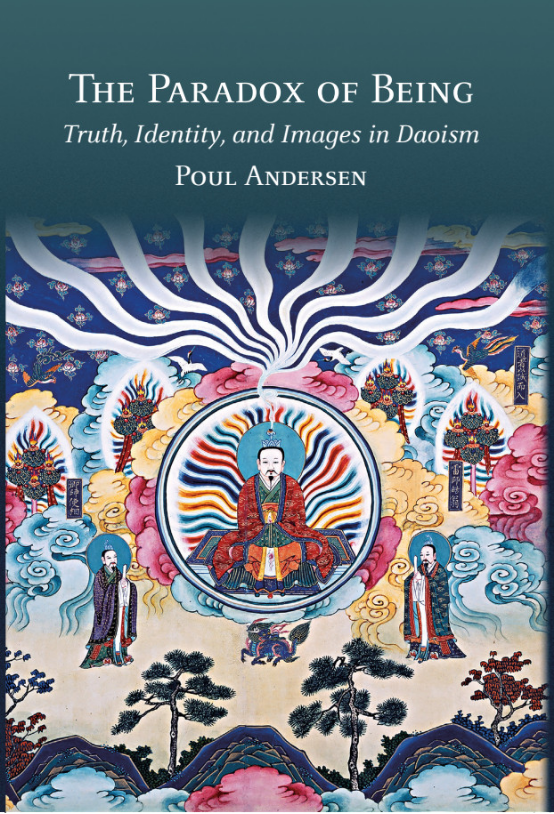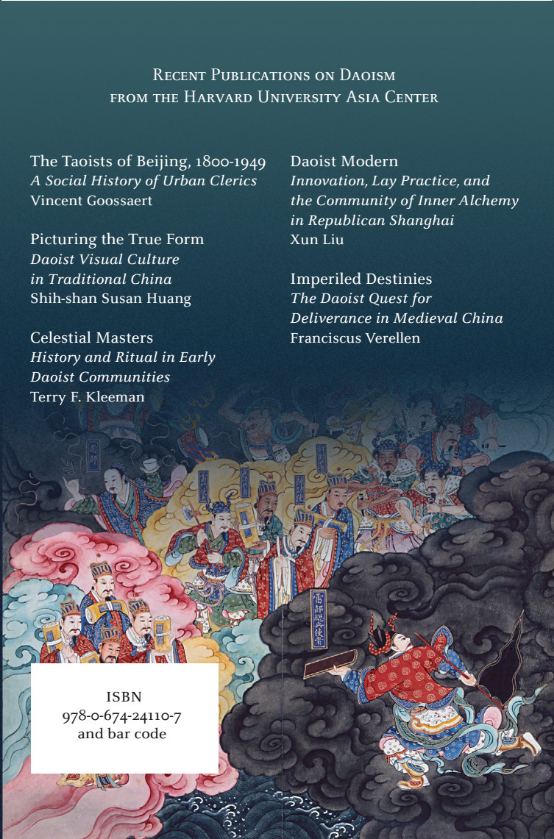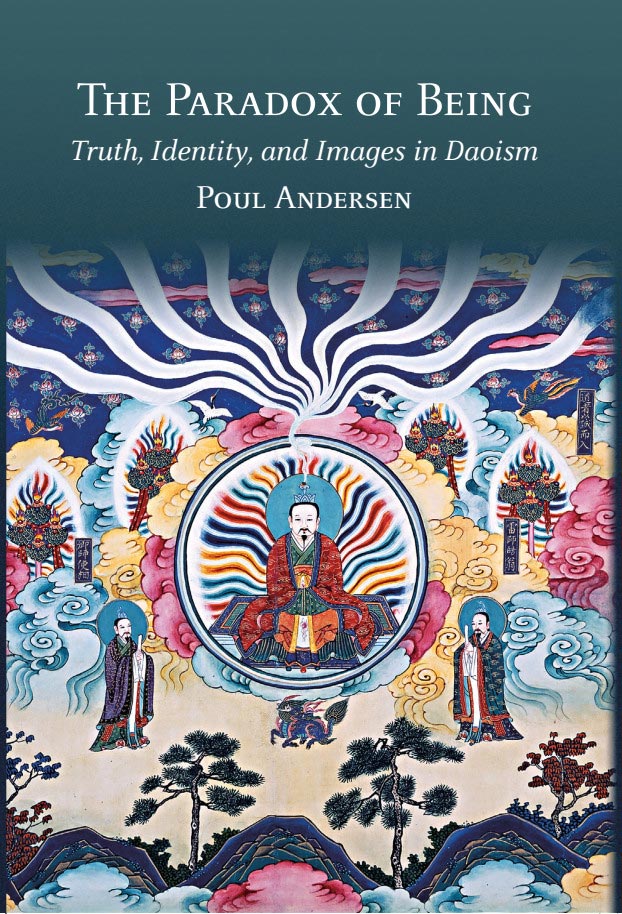
Poul Andersen, The Paradox of Being: Truth, Identity, and Images in Daoism,
Harvard-Yenching Institute Monograph Series 120, Harvard University Press, 2019.
ABSTRACT
The question of truth has never been more urgent than today, when the distortion of facts and the imposition of pseudo-realities in the service of the powerful have become the order of the day. In The Paradox of Being Poul Andersen address the concept of truth in Chinese Daoist philosophy and ritual. His approach is unapologetically universalist, and the book may be read as a call for a new way of studying Chinese culture, one that does not shy away from approaching “the other” in terms of an engagement with “our own” philosophical heritage.
The basic Chinese word for truth is zhen, which means both true and real, and it bypasses the separation of the two ideas insisted on in much of the western philosophical tradition. Through wide-ranging research into Daoist ritual, both in history and as it survives in the present day, Andersen shows that the concept of true reality that informs this tradition posits being as a paradox anchored in the inexistent Way(Dao) . The preferred way of life suggested by this insight consists in seeking to be an exception to ordinary norms and rules of behavior which nonetheless engages what is common to us all.
內容簡介
真理問題從未像今天這樣迫切,因爲今日之風氣是通過歪曲事實、僞造現實來迎合當權者。在本書中,作者闡述了中國道教哲學和儀式中的真理概念。作者采取了“普適性”的方法,對此無庸置辯。本書可以被解讀爲對一種研究中國文化新方法的呼籲,即在繼承“我們自己”(西方)哲學遺產方面毫不避諱地與“他者”打交道。“真理”對應漢語中的簡單詞“真”,意即真實(true)和實在(real),而大多數西方哲學流派是將二者分開的。通過對古今道教儀式的廣泛研究,作者认为真實的現實(true reality)這一概念表明道教將“存在”設定爲一個悖論,即將存在錨定在非存在的“道”之中。依照這種見解,最佳的生活之道主要在於尋求一種不受日常準則和行爲規範約束的狀態,儘管這些規範和準則普遍地約束著我們每個人。

返回列表


